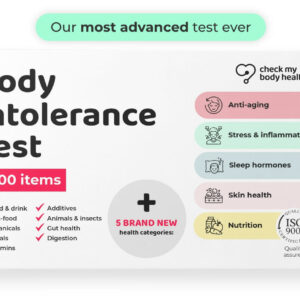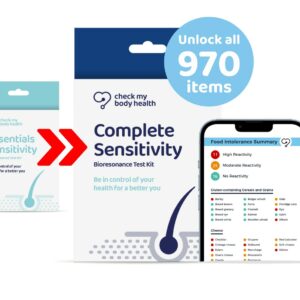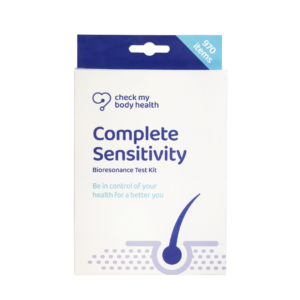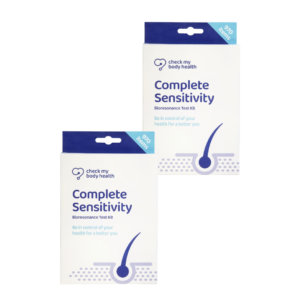The saying ‘cast-iron stomach’, really is misleading. At some point, most of us need a tummy overhaul, usually due to over-indulgence during holiday periods. With the advent of Christmas and New Year fast approaching, it is more than likely that your gut will need a holiday itself! Very few people can continue eating and drinking exactly what they want, without having a break.
Somewhere between 3-5 days will be enough to settle your stomach and put you back on track and feeling better. You should be able to relieve any symptoms of bloating or digestive problems during those days. If you suffer from illnesses such as IBS or leaky gut, it could take you a little longer.
Digestive health is very important to your overall well-being and should not be taken lightly. It stands to reason that if you have a feeding frenzy over the holiday period (here or abroad) and fill up your stomach with foods that it is not used to, particularly acidic foods, you are going to disturb your digestive track in a big way.
What foods should you cut out during the break?
If you want to avoid inflammation, give yourself a rest from sugar (including artificial sweeteners), grains, high protein foods and processed foods – try to avoid alcohol as well, particularly white wine as some varieties have a high acid content. Probably the most important foodstuffs to avoid are those that are highly processed, such as cereals (sugary ones), meat products (bacon, ham, spicy meat or sausages). Cheese can also cause stomach issues, as can some other dairy products. If you must eat cereals, make sure that they contain at least 5% fibre per serving, as you need this balance.
Other foods to avoid are:
- Tinned fruit and vegetables, tinned soup
- Cakes and biscuits (anything sugary)
- Bread
- Crisps and other snacks such as little pies
- Fast and fatty food – hamburgers, deep fried chicken, Chinese and Indian takeaways
- Chips
- Rice
- Fizzy drinks such as cola, lemonade etc
Manufacturers have become experts on hiding sugar, frequently using other names to confuse the recipient! Added sugar can be found in many products in supermarkets, and not necessarily using the actual word ‘sugar’. Rice syrup, corn syrup and fructose syrup can often be seen on tins, jars and packets, which may seem innocuous to the untrained eye, but you may as well be consuming spoonfuls of refined sugar. Implementing a sugar free diet will certainly help your gut as well as improve your general health, mood, sleep patterns and skin condition.
Similarly, cutting down on the consumption of grains is well worthwhile. Many grains are made from refined flours that have no nutritional value whatsoever and are packed full of refined carbohydrates – a short route to weight gain and less than comfortable stomach. Whilst we are suggesting re-booting your system for a short period of time, if you can continue longer term, you will reap the benefits.
Did you know that your gut is your ‘second brain’?
Honestly, it’s true – even scientists have now agreed on this fact. If you are feeling under the weather or off colour, disturbances in your gut well may signal this to you by its reaction. Rebalancing your gut will improve ‘both brains’ and keep them working together harmoniously. You will also produce the right levels of serotonin (the happy hormone) thereby creating that ‘feel good factor’.
People tell me that bacteria is good for my gut – why?
When the word ‘bacteria’ is mentioned, first reactions are to think of germs, diseases etc. But a certain level of diverse bacteria in your gut is beneficial to your health. The microbes, well at least the microbes in your gut, improve your digestion, control weight and most importantly, keep your immune system in optimal working order. There are more microbes in your gut than anywhere else in the body, and if for any reason these become depleted, it can seriously affect your immune system. It goes without saying that what you eat is important for the function and effectiveness of your system.
You can improve the level of flora or gut bacteria, by eating the right foods, although scientific research is ongoing in this area. When you consider that there are approximately 100 trillion bacteria in your gut, they are there for a very good reason.
What other foods might improve my gut bacteria?
Many scientists have looked at this situation in depth, and have still not come up with conclusive answers, and dieticians and doctors can only recommend on trying different foods, as long as you have no underlying illnesses.
Much is made today of food items such as probiotic foods and supplements (not to be confused with prebiotics). Probiotics are believed to restore the natural balance of bacteria in your gut, if it has been disturbed by illness or medical treatment such as antibiotics.
Probiotics can be found in several foods such as:
- Live yoghurts
- Fermented foods (kimchi, sauerkraut)
- Miso
- Kefir
- Tempeh
to name just a few.
Probiotic foods may help some people but will show no significant improvement in others. Supplements are not generally recommended by medical practitioners, purely on the basis that there is no real way of telling what specific bacteria are in the product itself.
It is best to start with rebalancing your gut by cutting out the more harmful foods that cause disturbance and seeing the results, before embarking on adding other foods that you have never tried before.
Drink plenty of water, try to eat when you are feeling relaxed (good for the body and mind), take essential exercise and fresh air, and try not to ‘knee jerk’ in grabbing unhealthy foods on the run.







